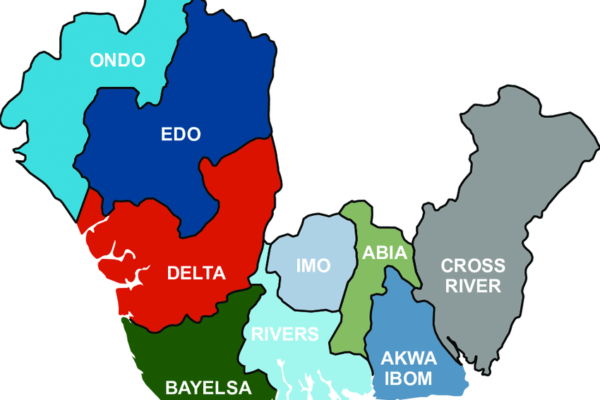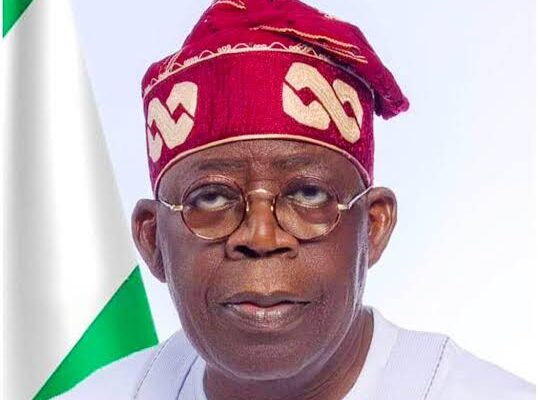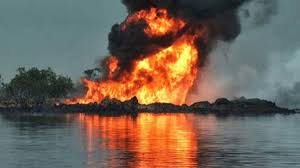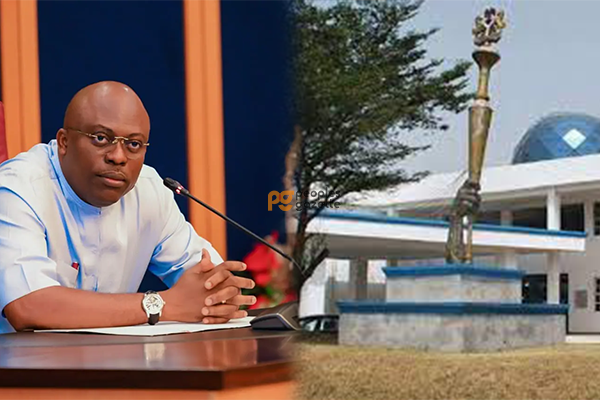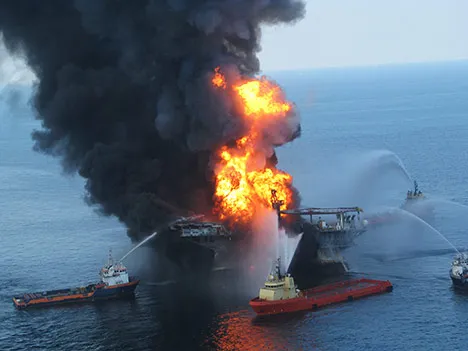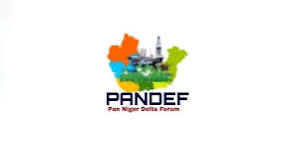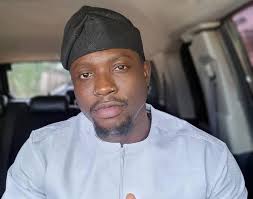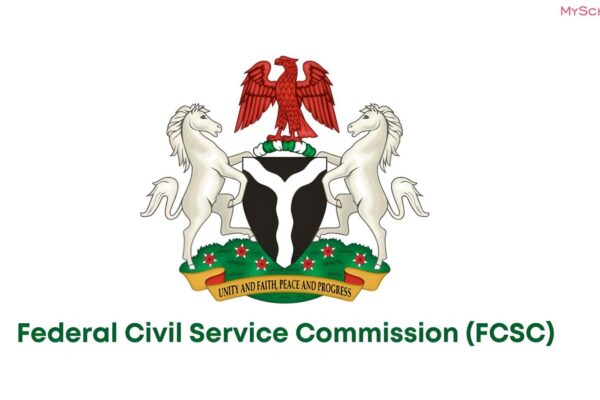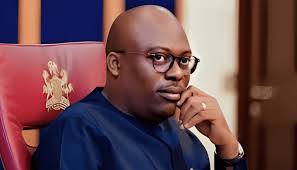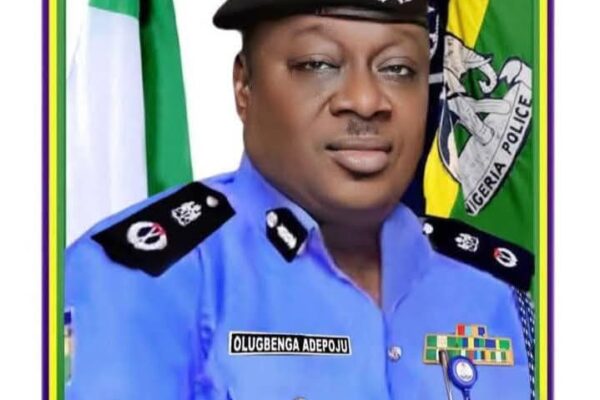The Rivers State Police Command has successfully apprehended five suspected kidnappers and recovered a substantial cache of arms and ammunition. This operation marks a critical step in the fight against kidnapping and violent crime in the state, particularly in the Rukpokwu, Igwuruta, Omagwa, and Etche areas, which have recently witnessed a surge in criminal activities. The operation, carried out by the Anti-Kidnapping Unit on March 8, 2025. Beginning at approximately 09:30 am, the eight-hour operation led to the arrest of five individuals: Mohammadu Bello (30), Suleman Umar (26), Bello Amadu (35), Adamu Musa (30), and Abubakar Mohammed (22). All suspects hail from various local government areas across northern Nigeria but were residing in Rukpokwu, Rivers State, at the time of their arrest. During interrogation, the suspects confessed to their involvement in multiple kidnapping incidents, including the brutal murder of the Chief Security Officer (CSO) of the Adokiye Amiesimaka Stadium in Omagwa and his son. This shocking revelation underscores the violent nature of their operations and the urgent need for continued vigilance and intervention by security forces. Among the items seized were two AK-47 rifles, six AK-47 magazines, sixty-six rounds of ammunition, three locally made pistols, ten live cartridges, and several mobile phones and SIM cards. These exhibits will play a crucial role in ongoing investigations and prosecutions. The Rivers State Police Command has reiterated its commitment to ensuring the safety and security of all residents. The suspects are currently in custody and are cooperating with investigators as efforts continue to uncover additional crimes linked to the syndicate and apprehend other members still at large. The Police Public Relations Officer, SP Grace Iringe-Koko, has assured the public that further updates on the investigation will be provided in due course.
